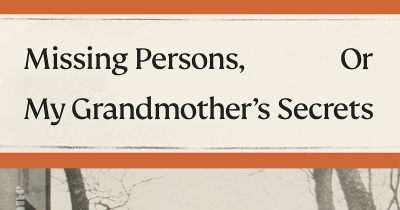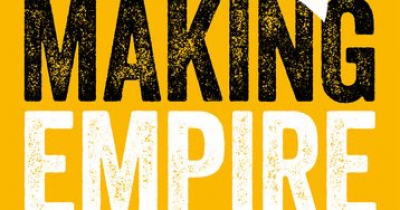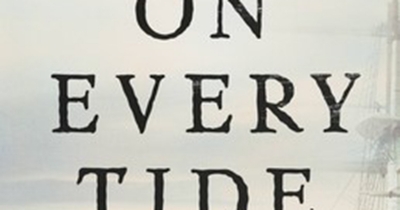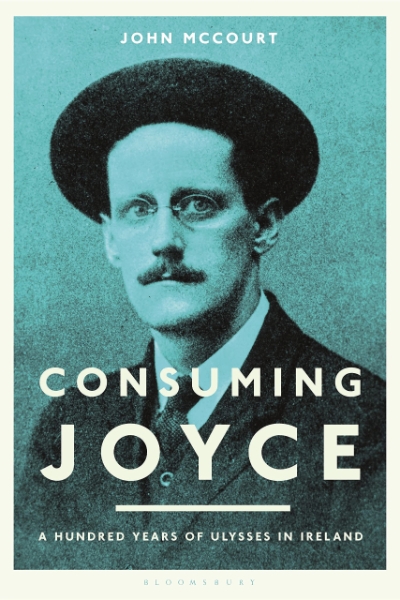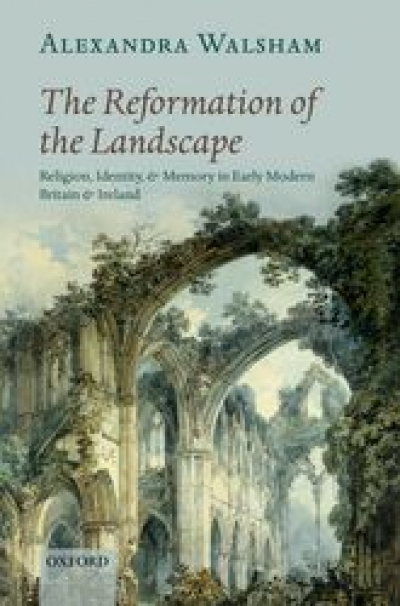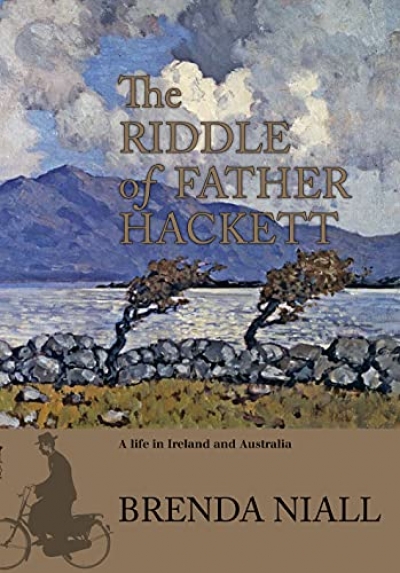‘Australia has been a great experience,’ declares Seamus Heaney in a letter to Tom Paulin from Launceston, Tasmania, in October 1994. As well as visiting Melbourne, Brisbane, and Sydney, delivering poetry readings along the way, Heaney gave a lecture in Hobart on Oscar Wilde and The Ballad of Reading Gaol, ‘saying it was as much part of the protest literature of the Irish diaspora as “The Wild Colonial Boy” or the ballad of “Van Diemen’s Land”’. What he most enjoyed in Queensland was a drive through the country – ‘red earth and white-barked gum trees’ – to the town of Nambour, close to where his Uncle Charlie (his father’s twin brother) had lived in the 1920s. Heaney’s letters are a vivid interweaving of travelogue, literary allusion, poetic imagery, and personal history. Sharing pleasure in the power of words is fundamental, even when letter writing becomes a thing of duty, rather than beauty, and the unanswered mail piles up around him.
...
(read more)



